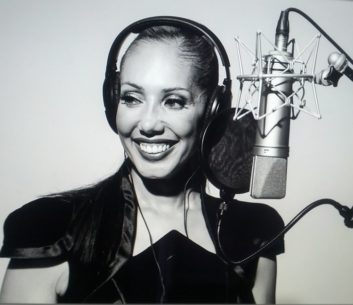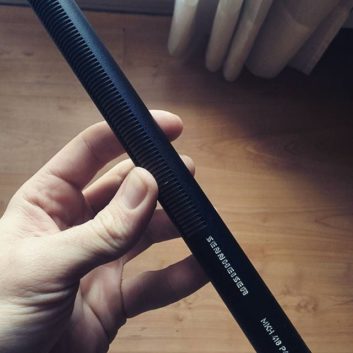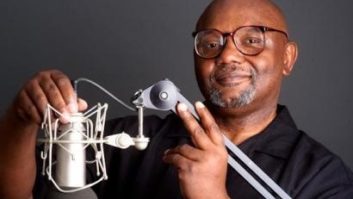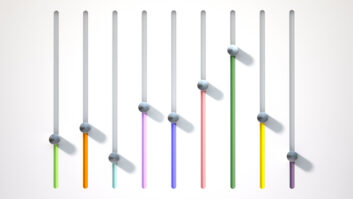
June is Microphone Month here at Radio World. This is one in a series of interviews with people who work in and around radio about the kinds of mics they love and why.
Joan Baker is co-founder and vice president of the Society Of Voice Arts And Sciences. She is a voice actor, author and coach.
Radio World: What is your personal favorite microphone for the kind of work you do, and what sets it apart?
Joan Baker: I’m at a place in my career where I can afford the best, so I stick with Neumann and Sennheiser.
I have several mics. Some I rarely use unless a client specifically asks me to use a certain mic to help better match with previously recorded material.
But I’d say the one that sets me apart is my Neumann U 67. I can use it for multiple genres in voice acting especially commercial and narration because it blends the lower, mid and upper tones in a way that seems to add a certain sparkle to my sound. Also, no one’s ever asked for their money back, so why fix what isn’t broken?
RW: What is your choice for remote work or other specialty applications out of the studio like live venues?

Baker: My choice is the Sennheiser MKH 416. It’s great because it reduces ambient noise and allows you to really work the mic. So when I’m doing remote work in unfamiliar or less than ideally treated spaces, the MKH 416 deliver a clean sound. I use it for promos as well, because it cuts through with a touch more edge, even when I’m performing in a naturalistic, conversational voice.
RW: If you were training someone about using and buying mics for voiceover or radio applications, what’s a tip you might share or a common misconception you’d try to dispel for them?
Baker: One of the most common questions, and it’s an honest one, is “What mic should I buy?” Choosing a mic depends on personal factors, like affordability, the equipment that will be needed to compliment the mic, the environment in which the mic will be used, and the predominant type of work for which you will use the mic.
No one can answer this question properly without knowing all these factors. So one misperception is that there is one mic that works best for your voice, without knowing all the other circumstances.
I recommend that all my students speak to full-time audio engineers, and learn to discern the different mic qualities when comparing (apples to apples) under various conditions.
Read more of Radio World’s coverage of microphones.







